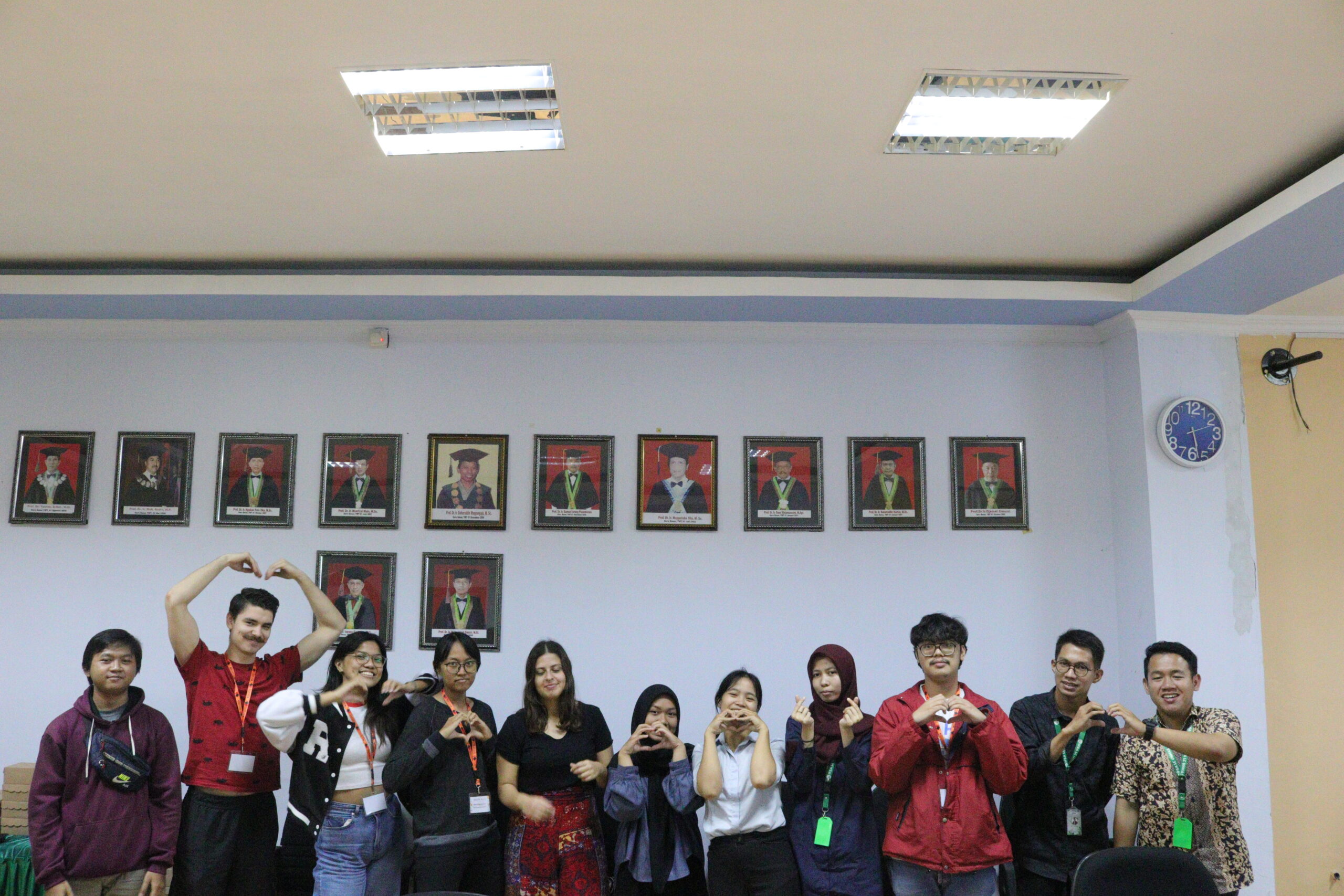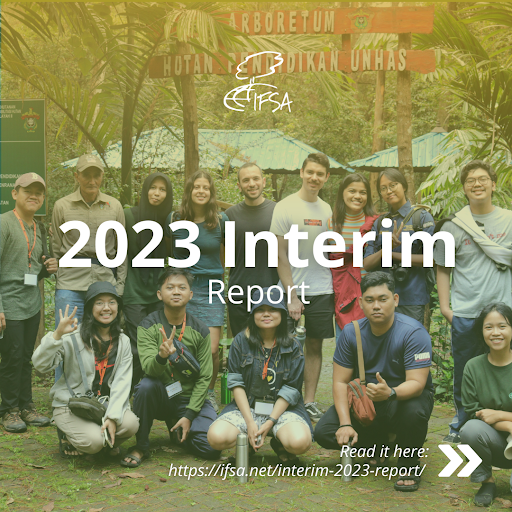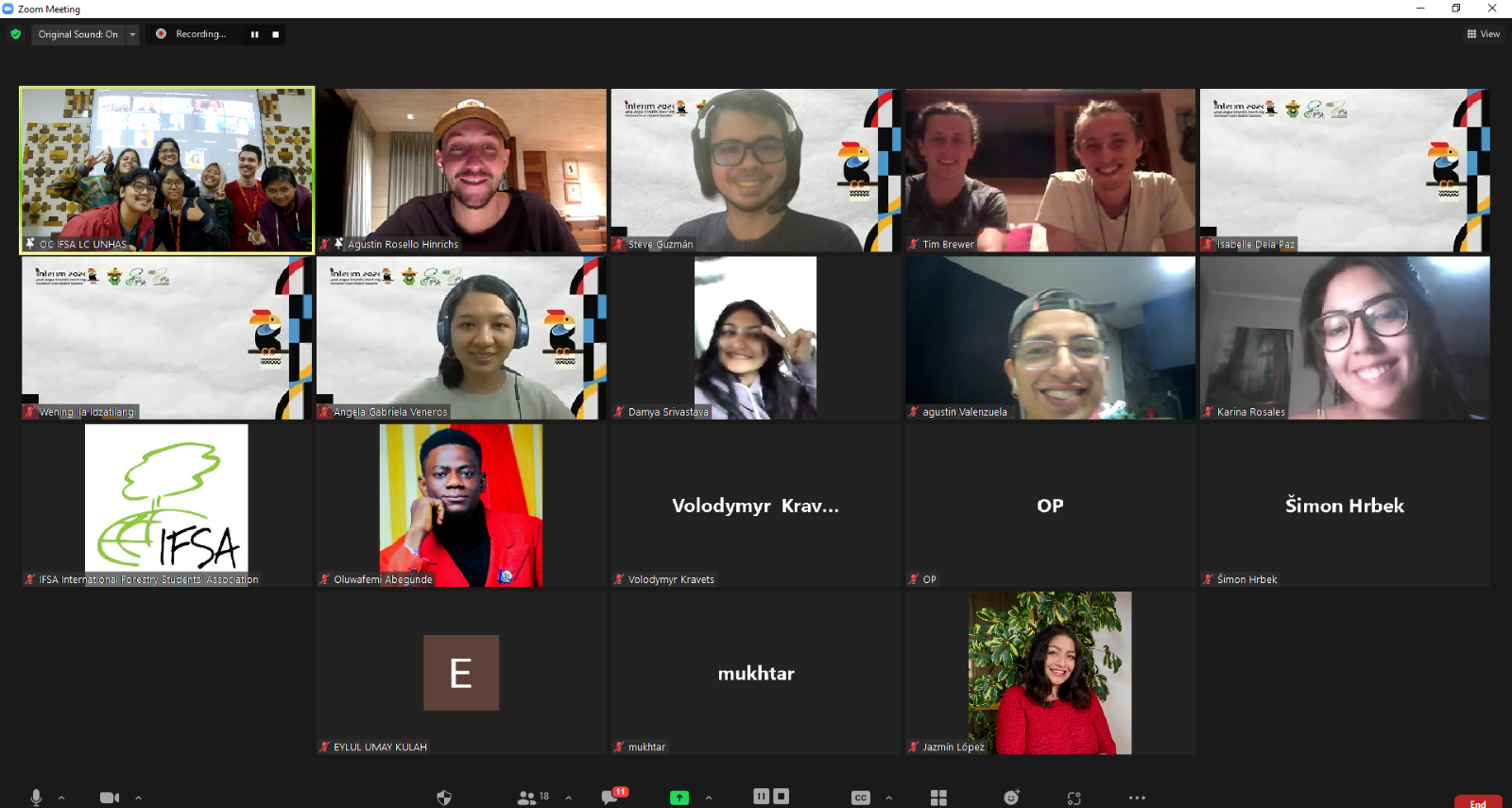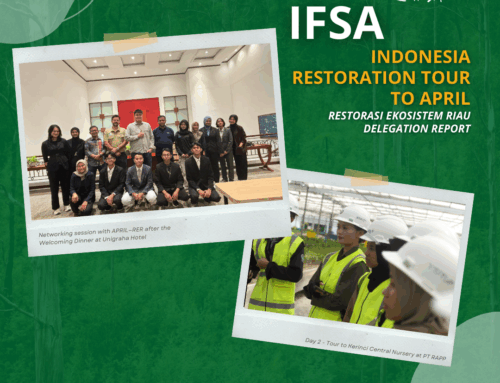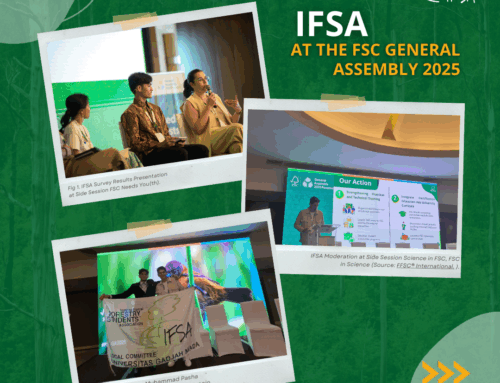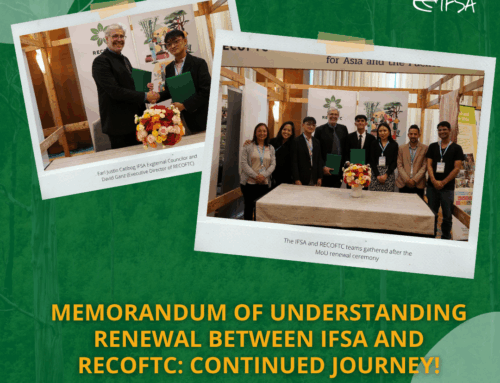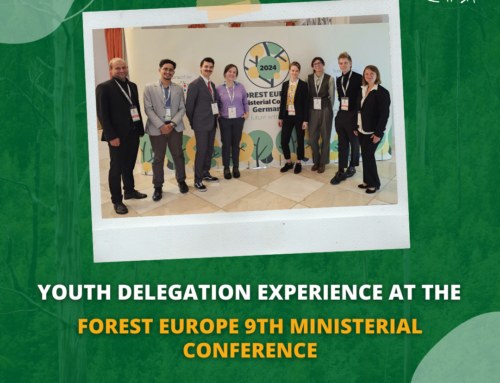Interim 2023 Report
Interim is the mid-year meeting for IFSA officials which usually takes place between late December and early February for a week. This year, the meeting took place from the 1st to the 15th of February in Makassar, Indonesia hosted by the IFSA LC UNHAS. For the first time in three years, an in-person IFSA officials meeting was held outside of Europe which allowed Asia-Pacific officials to actively join. Thanks to the experience of remote communication during the COVID pandemic, the meeting was held in a hybrid way; thus, encouraging people to join from all over the world, doubling and tripling the number of officials joining.
Officials had an opportunity to discuss the results of the first half of the term, learn about other officials’ work, gain motivation, and brainstorm ideas for the remaining term. In addition to the work outcomes, the Interim OC made sure to provide participants with interesting lectures from the local researchers as well as excursions around Makassar City. This all played a positive role in the IFSA officials’ meeting achievements, which are described further in this document.
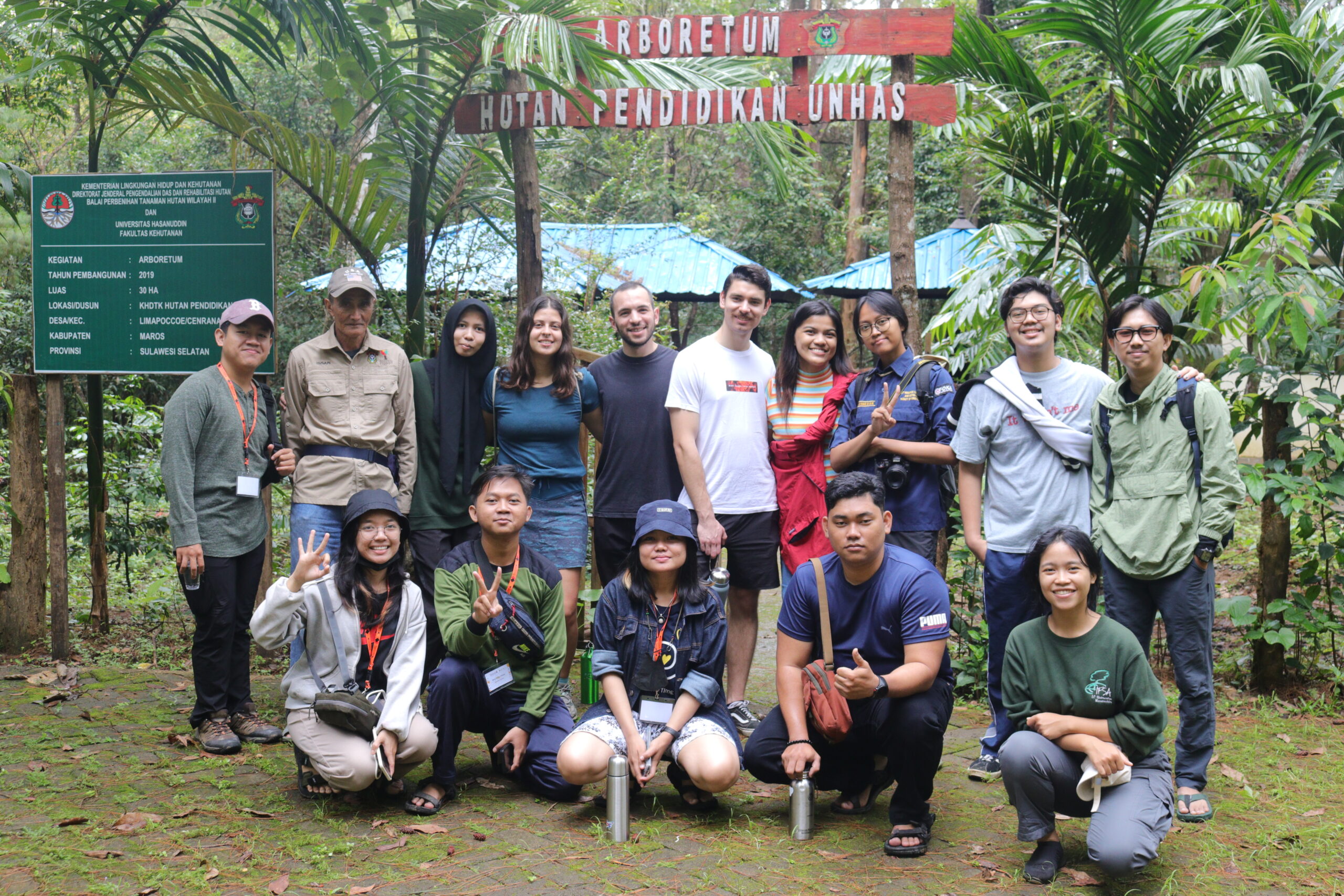
Main outcomes
The ideas and feedback that we received from the officials during the Interim are highly valuable for IFSA since it provides a common understanding of the biggest issues that our officials are facing as well as solutions to overcome them. From a general perspective, the different problems identified were connected into broader categories (see Table 1).
While reviewing the outcomes, consensus was established on the importance of the implementation phase. This means that IFSA will take the recommendations provided by its members and the board will take the responsibility of initiating the implementation of the solutions—it is important to mention that this implementation phase only will work if we all do it together.
The biggest challenges that have been identified after the interim meeting have a direct relation with the workload of certain commissions, communication between and within departments, capacity development of our officials, maintaining engagement and motivation, change over, and understanding of the different roles and funding issues.
With this, we have developed a table that summarizes the findings and provides possible solutions to the different problems that were identified.
Strategy
| Problems identified | Possible solutions | Comments | Implement |
| CommComms Workload
(ED communication + last minute requests = Burn out) |
|
High Priority – Pilot before GA | |
| Inactive officials
(Unresponsive officials and/or intermittent participation in meetings and activities) |
|
Low Priority | |
| Capacity Building
(Guidelines, Time management, Concept note, facilitating, etc) |
|
Many of the issues we are currently facing are rooted from the capacity building initiatives in the IFSA Officials space | High Priority |
| Motivation
(Inactive officials, Motivational sessions, in-person meetings, informal communication) |
|
Significant changes in the officials’ motivation could be linked to lack of interactive, informal meetings; funding opportunities | High Priority |
| Teamwork
(Everything too formal, working colleagues v/s buddies) |
|
This can be improved through capacity building workshops on teamwork | High Priority |
| Communication
(Between departments, within departments – commissions – sub-commissions) |
|
This can be improved through capacity building workshops on communication strategies | High Priority |
| Lack of Funding
(Budget Distribution, current support is not sustainable) |
|
This can be improved through capacity building workshops | High Priority |
| More Big Projects
(Such as YFPD, Job Fair, etc) |
|
Such flagship projects increase the exposure of IFSA to non-IFSA audiences and it provides us platforms to share our advocacy.
It is also important that we create events where non-IFSA members are also invited to increase number of prospective LCs or members. |
Mid Priority |
| Gap between LCs and IFSA
(Communication of opportunities, involvement in activities, new officials?) |
|
Mid Priority | |
| Innovative sessions
(Prepare events before time and with intended outcomes, working sessions, fun session) |
|
Low Priority | |
| Change-over
(Needs to be improved, officials feel lost when starting the term, task list) |
|
High Priority | |
| Strategy
(Members aren’t aware of the strategy and its implications) |
|
Mid Priority | |
| Inspiration
(Officials would like to feel inspired and have mentors within IFSA and IFSA alumni) |
|
Mid Priority | |
| Conflict solving
(We can’t forget that there are problems between officials) |
|
This can be improved through capacity building workshops | Mid Priority |
| Discord engagement
(People are inactive and don`t understand discord) |
|
User engagement on the IFSA Discord has been low lately; encourage LCs to conduct formal and informal meetings on the server | |
| Official needs
(Internet connection or other basic needs) |
|
This increases officials and members’ access to opportunities | Mid Priority |
Next Steps
As previously discussed, the next steps are key to solving the issues identified. This includes the prioritization of the problems that we want to address, agreeing on the best solutions to approach them, and implementing these recommendations.
The immediate next steps will be to generate a meeting in which all the officials will be invited to join so they can be part of the decisions and implementation phase. The IFSA board will facilitate the space and provide a leading role in the implementation but this will not be feasible if officials do not get involved and participate in the meetings or discussions.
The principal objective of involving officials in both the decision-making and the implementation phase addresses the need for communication, transparency, workload distribution, and empowerment of future IFSA leaders. We highly encourage the officials interested in taking a bigger role next term to be involved in this process, thus it will be a concrete example of the way that IFSA works.
As long-term steps, there is the possibility of proposing changes to the IFSA statutes if we believe it necessary. We encourage the Heads of Commissions and Sub-Commissions to evaluate improvements and how they can exercise these changes in their own Commissions, Departments, and IFSA as a whole.
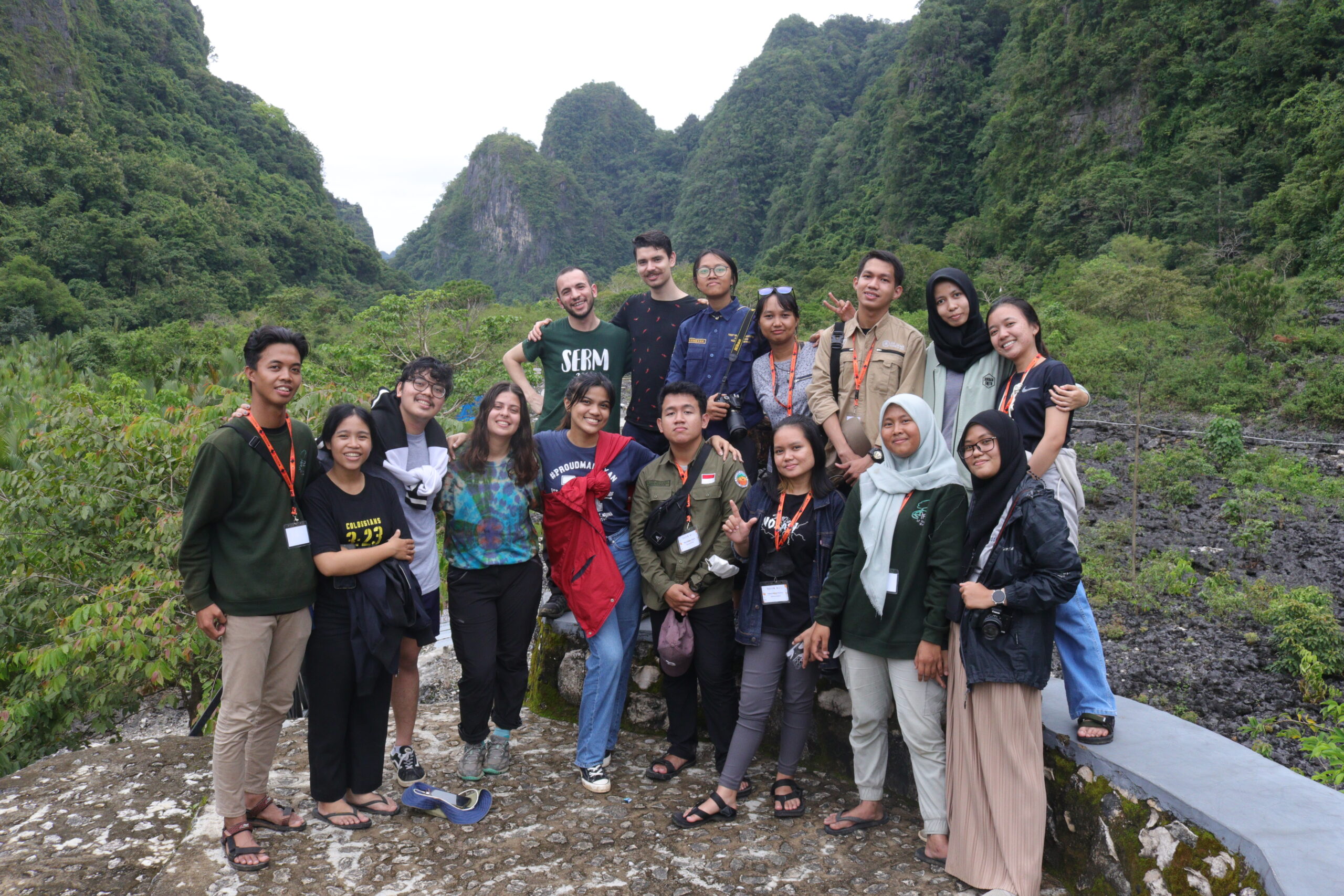
Conclusion
The amount of information that we were able to gather during this week of meetings was amazing. For this, we would like to thank everyone who attended the sessions and took the initiative to share their own experiences and perspectives.
For future interim meetings, we recommend that more innovative and diverse sessions are established, as well as working sessions that provide not only recommendations but also outputs. After identifying the bigger categories these were prioritized in a sense of urgency and feasibility of implementation.
In conclusion, we would like to thank the Organizing Committee, LC UNHAS, for their amazing efforts in making the event possible hybrid and for accommodating our in-person participants; the in-person officials for putting their time and resources to take part in this event; and, last but not least, the online participants who stayed awake all night for their commitment towards IFSA.
We look forward to the future with hope and joy and we believe that the inputs collected are fundamental for improving the association. It is time that we take action and together find a way to overcome these important issues. It is on us, the IFSA family, to improve the association term by term in order to achieve our mission of a world that appreciates forests.
